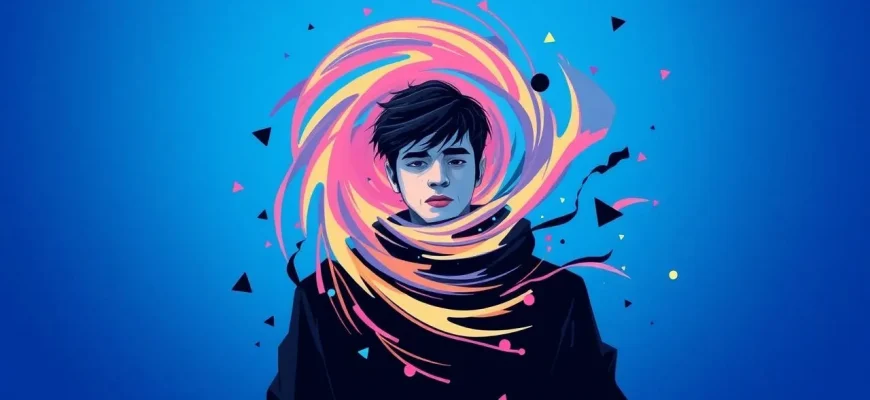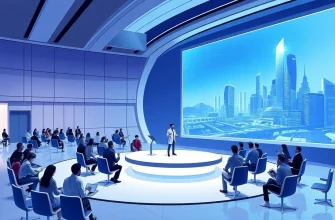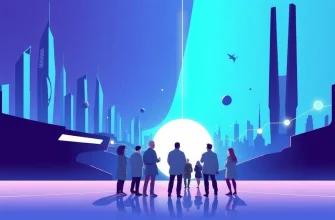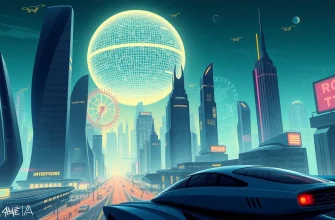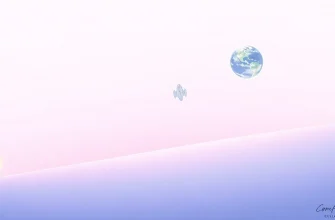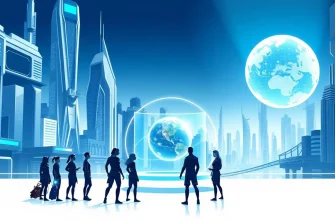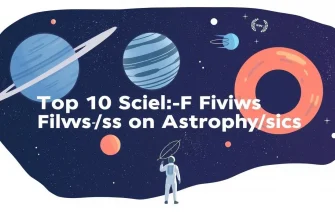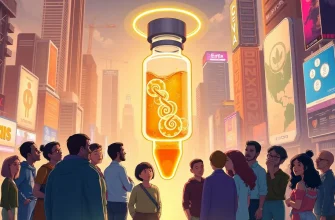Welcome to a unique cinematic journey where science fiction meets the world of pharmaceuticals. This collection of films explores the fascinating intersection of futuristic technology, altered states of consciousness, and the ethical dilemmas surrounding the use and abuse of drugs. From mind-bending adventures to dystopian futures, these movies offer a thought-provoking look at how drugs can shape societies, individuals, and even entire universes. Whether you're a sci-fi aficionado or simply curious about the genre's take on pharmaceuticals, this list promises to entertain and provoke thought.
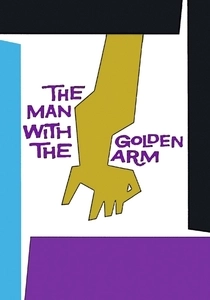
The Man with the Golden Arm (1955)
Description: While not strictly sci-fi, this film deals with drug addiction in a way that was groundbreaking for its time, focusing on a jazz musician's struggle with heroin addiction.
Fact: Frank Sinatra's performance earned him an Academy Award nomination for Best Actor.
 Watch Now
Watch Now 
The Trip (1967)
Description: This film captures the psychedelic experience of a man taking LSD, exploring the highs and lows of drug-induced states in the context of 1960s counterculture.
Fact: The movie was one of the first to depict LSD use in such detail, reflecting the era's fascination with psychedelics.
 Watch Now
Watch Now 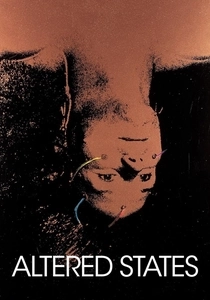
Altered States (1980)
Description: A scientist experiments with sensory deprivation tanks and hallucinogenic drugs to explore the boundaries of human consciousness, leading to bizarre transformations. This film is a deep dive into the psyche and the effects of drugs on perception.
Fact: The film was directed by Ken Russell and features William Hurt in his film debut.
 Watch Now
Watch Now 
The Matrix (1999)
Description: While not solely about drugs, "The Matrix" features a red pill/blue pill choice that symbolizes the decision to embrace or reject an altered reality. This iconic scene has become a cultural touchstone for discussions on reality, perception, and control.
Fact: The Wachowskis wrote the script in 1994, but it took years to get the film made due to its groundbreaking special effects requirements.
 Watch Now
Watch Now 
The Island (2005)
Description: In a dystopian future, clones are raised for organ harvesting, but one clone discovers the truth and seeks freedom. The film touches on themes of identity, ethics, and the commodification of life.
Fact: Michael Bay directed this film, which was one of his few forays into science fiction.
 Watch Now
Watch Now 
A Scanner Darkly (2006)
Description: Based on Philip K. Dick's novel, this animated film uses rotoscoping to explore a future where drug addiction is rampant. It follows an undercover cop who becomes addicted to the very drug he's investigating, blurring the lines between reality and hallucination.
Fact: The film uses a unique animation style to give a surreal, drug-induced visual effect. Keanu Reeves stars in this adaptation.
 Watch Now
Watch Now 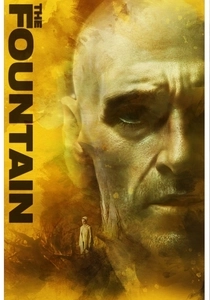
The Fountain (2006)
Description: This visually stunning film intertwines three stories across time, with one narrative involving a scientist searching for a cure for his wife's cancer, using a tree with supposed healing properties.
Fact: Director Darren Aronofsky had to cut down his original vision significantly to get the film made.
 Watch Now
Watch Now 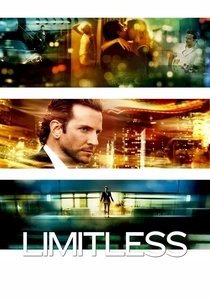
Limitless (2011)
Description: In this mind-expanding thriller, a struggling writer discovers a mysterious drug that allows him to use 100% of his brain capacity. The film delves into the consequences of such power, exploring themes of ambition, addiction, and the ethical implications of cognitive enhancement.
Fact: The film was inspired by the novel "The Dark Fields" by Alan Glynn. Bradley Cooper, who plays the lead, also produced the film.
 Watch Now
Watch Now 
The Adjustment Bureau (2011)
Description: While primarily about fate and free will, the film includes a scene where the protagonist is given a drug to forget a crucial event, exploring the manipulation of memory and reality.
Fact: The film is based on a Philip K. Dick short story, continuing his legacy in cinema.
 Watch Now
Watch Now 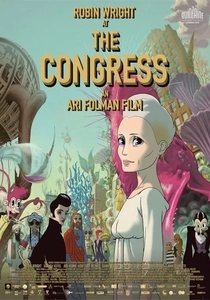
The Congress (2013)
Description: An actress agrees to have her image digitally scanned for use in any film, leading to a surreal exploration of identity, reality, and the impact of drugs in a virtual world.
Fact: The film uses both live-action and animation, reflecting the protagonist's journey into a digital realm.
 Watch Now
Watch Now 
